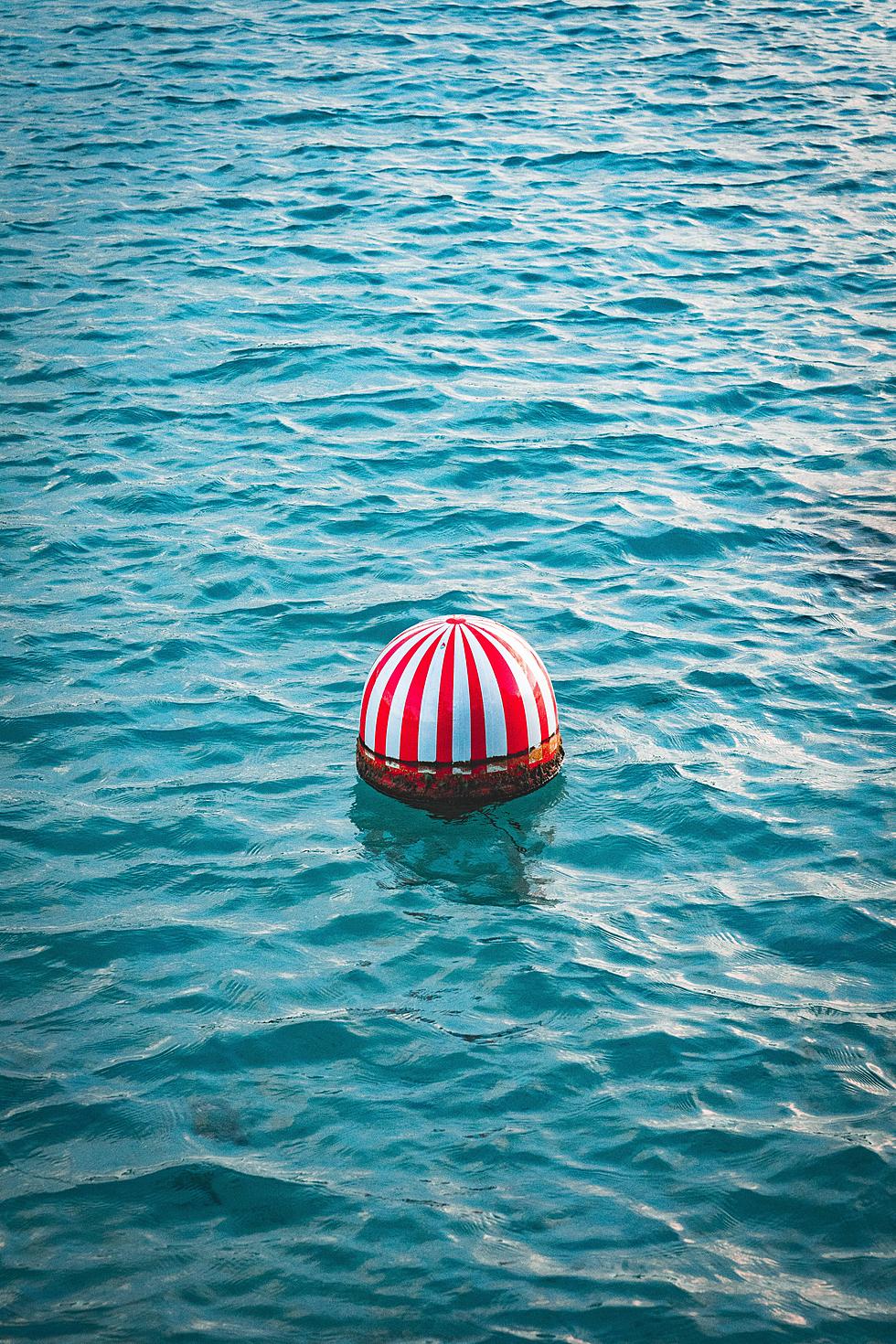
University of Washington Floating Robots to Scan Ocean Ecosystems
The University of Washington will soon be deploying floating robots in an ocean near you.
A grant from the National Science Foundation will support the development of 300-500 “floating robots” to aid in the research of our oceans ecosystems and lay the groundwork for computer models for fisheries and climate studies.
Stephen Riser, UW professor of oceanography, says, “This is one of the largest gifts the NSF has ever given in ocean sciences. It will allow us to create and deploy an ocean observing system that will operate for decades and will influence our ideas about the carbon cycle.”
The new network of floats, called the Global Ocean Biogeochemistry Array, will sink and rise, going from the surface to over one-mile deep to collect observations about ocean chemistry and biology. Every nine days the floats will surface and send (free!) satellite signals to scientists and the public within a day of being collected.

“These observations will provide an unprecedented global view of ocean processes that determine carbon cycling, ocean acidification, deoxygenation and biological productivity – all of which have a critical impact on marine ecosystems and the climate of our planet,” says Alison Gray, assistant professor of oceanography.
According to the National Oceanic and Atmospheric Administration, more than 80% of the world’s oceans is unmapped, unobserved and unexplored. The researchers hope that this project will take away some of the mystery by inspiring other countries to contribute similarly instrumented floats as part of the global research effort.

